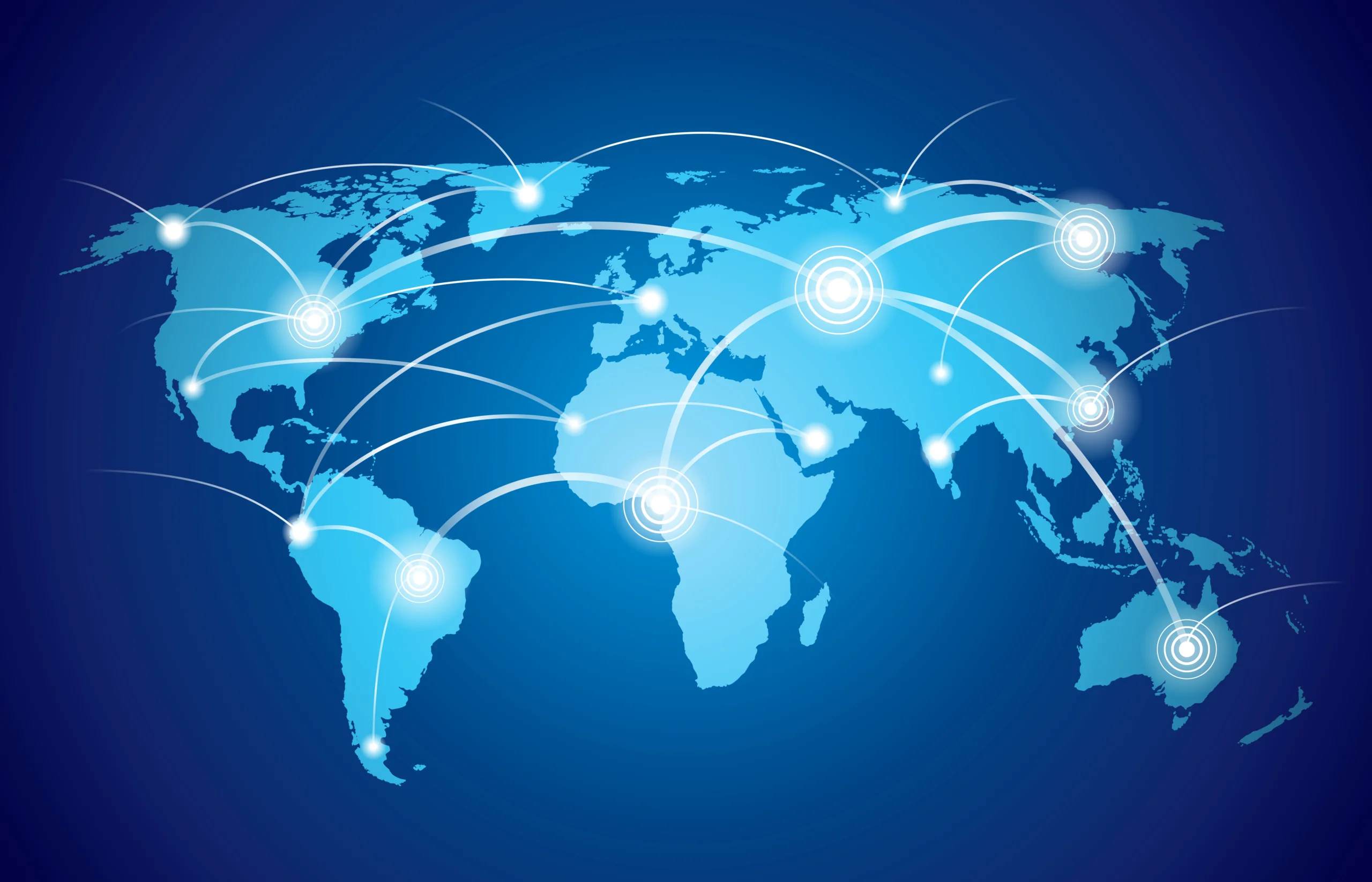Introduction
Globalization is a multifaceted and complex phenomenon that has profoundly impacted the world in the past few decades. This process of increasing interconnectedness and interdependence among countries has led to significant changes in economies, cultures, and political systems. In this article, we will explore the definition of globalization, its driving forces, key impacts, and the challenges and opportunities it presents.
What is Globalization?
Globalization refers to the process by which Businesses, cultures, and governments become more interconnected and interdependent on a global scale. This interconnectedness is facilitated by advancements in technology, transportation, and communication, leading to the free flow of goods, services, information, and people across borders.
Driving Forces of Globalization
Several key factors drive the process of globalization:
Technological Advancements
Technological innovations, particularly in information and communication Technologies, have played a critical role in accelerating globalization. The internet, mobile Technology, and social media have made it easier for people to connect and share information across vast distances.
Economic Policies
Economic policies promoting free trade and investment have facilitated globalization. International organizations such as the World Trade Organization (WTO), International Monetary Fund (IMF), and World Bank have encouraged countries to adopt open-market policies, reducing trade barriers and fostering economic integration.
Transportation and Logistics
Improvements in transportation and logistics have significantly reduced the cost and time required to move goods and people around the world. Container shipping, air travel, and advanced logistics networks have made global trade more efficient and accessible.
Political and Social Changes
The end of the Cold War and the spread of democracy have also contributed to globalization. The collapse of the Soviet Union and the opening up of previously isolated economies, such as China and India, have integrated millions of people into the global Market.
Key Impacts of Globalization
Globalization has far-reaching impacts on various aspects of life, including economic, cultural, and political dimensions.
Economic Impacts
Trade and Investment
Globalization has led to a significant increase in international trade and investment. Companies can access new markets and sources of raw materials, leading to economic growth and the creation of jobs. For example, the rise of multinational corporations has been a direct result of globalization, allowing companies to operate and compete globally.
Economic Disparities
While globalization has driven economic growth, it has also exacerbated economic disparities between and within countries. Wealthy nations and individuals often benefit more from globalization, while developing countries and marginalized communities may face challenges such as exploitation and inequality.
Cultural Impacts
Cultural Exchange
Globalization has facilitated cultural exchange and the spread of ideas, values, and lifestyles. People can experience diverse cultures through travel, media, and the internet, leading to greater cultural understanding and appreciation.
Cultural Homogenization
However, globalization can also lead to cultural homogenization, where dominant cultures overshadow local traditions and identities. The widespread influence of Western culture, for example, has raised concerns about the erosion of indigenous cultures and languages.
Political Impacts
Global Governance
Globalization has necessitated the development of global governance structures to address transnational issues such as climate change, terrorism, and pandemics. International organizations and agreements play a crucial role in coordinating global efforts and promoting cooperation.
National Sovereignty
At the same time, globalization can challenge national sovereignty, as countries must navigate complex international regulations and pressures. The influence of multinational corporations and supranational entities can sometimes undermine local governance and decision-making.
Challenges of Globalization
Despite its benefits, globalization presents several challenges that need to be addressed to ensure sustainable and equitable development.
Environmental Degradation
The rapid growth of global trade and industrialization has led to significant environmental degradation. Deforestation, pollution, and climate change are pressing issues that require coordinated global action to mitigate their impacts.
Inequality and Poverty
Globalization has contributed to economic inequality and poverty in some regions. While some countries have experienced rapid economic growth, others have struggled to compete in the global market. Addressing these disparities is essential to ensure that the benefits of globalization are more evenly distributed.
Labor Exploitation
The global labor market has seen instances of exploitation, including poor working conditions, low wages, and child labor. Ensuring fair labor practices and protecting workers’ rights are critical challenges in a globalized economy.
Opportunities of Globalization
Globalization also offers numerous opportunities that can be harnessed for positive outcomes.
Innovation and Technology Transfer
Globalization facilitates the exchange of knowledge and technology, driving innovation and progress. Collaborative research and development across borders can lead to breakthroughs in various fields, from medicine to renewable energy.
Economic Growth and Development
By opening up markets and creating new opportunities for trade and investment, globalization can spur economic growth and development. Developing countries, in particular, can benefit from access to global markets and foreign investment.
Cultural Diversity
Globalization promotes cultural diversity by exposing people to different cultures and perspectives. This cultural exchange can foster tolerance, understanding, and collaboration among diverse communities.
Conclusion
Globalization is a powerful force shaping the contemporary world, bringing both opportunities and challenges. As countries become more interconnected, it is crucial to manage globalization in a way that promotes sustainable development, reduces inequalities, and respects cultural diversity. By addressing the challenges and harnessing the opportunities of globalization, we can create a more inclusive and prosperous global society.



